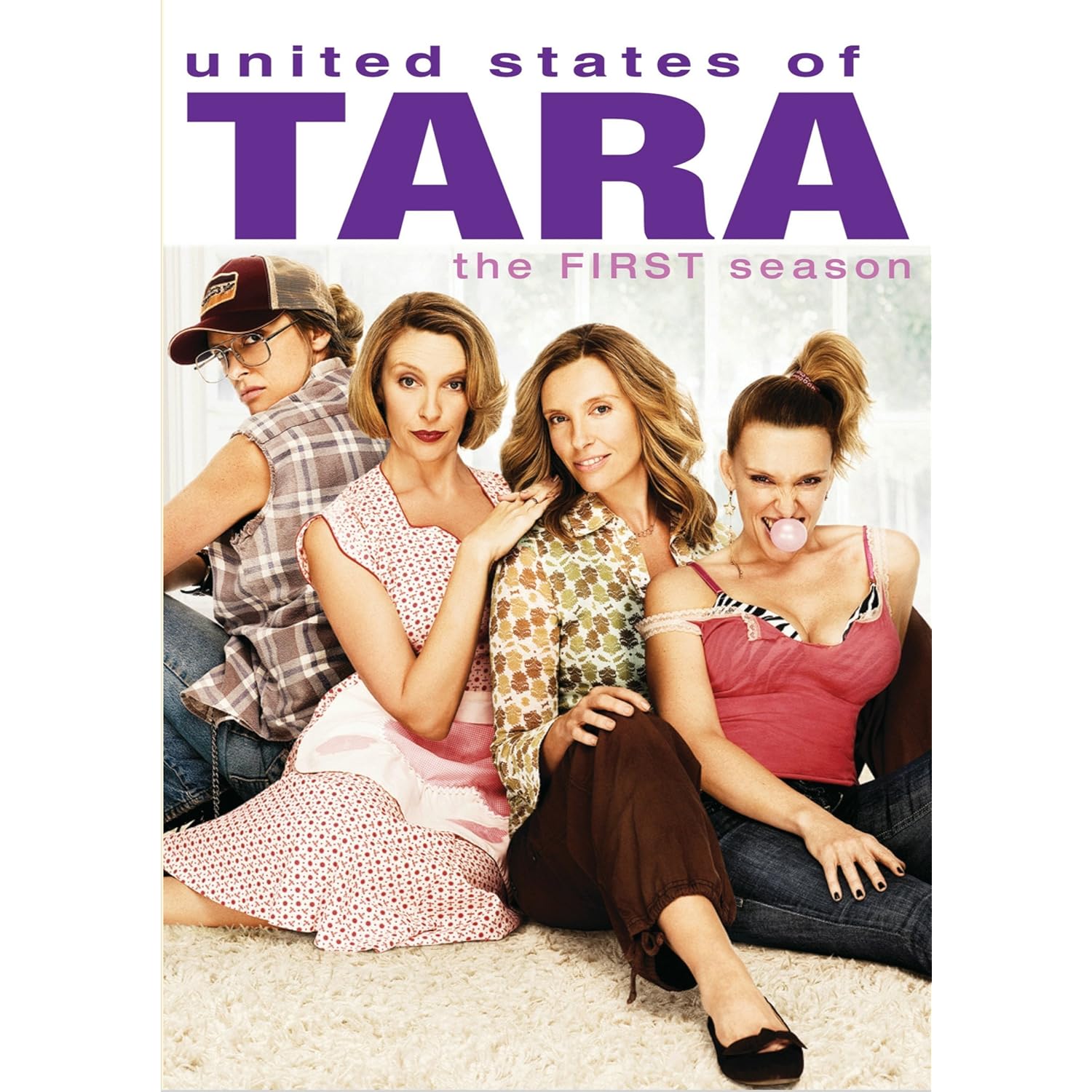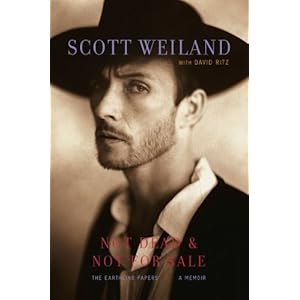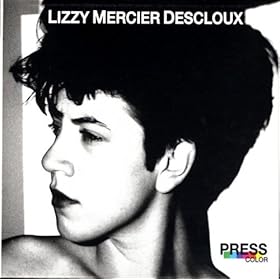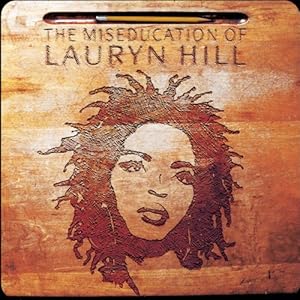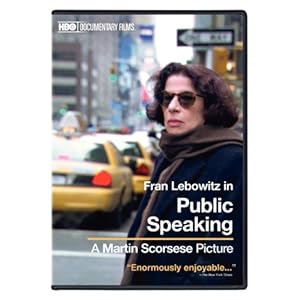I’m not going to deny that
My So-Called Life was better than the most of the programming on television in the early-to-mid 90s, nor that it filled a void by giving voice to a number of teenager girls, but to say that the appeal of anything is universal is just really unfair — particularly if the object of that appeal is still thin, white, middle-class, and conventionally attractive (home dye job notwithstanding). Maybe it could have been worded better, because I’m pretty sure that’s not what Donnelly is claiming in
this , the most recent post I've read lately, but I brace myself for that little tidbit every time I see another one lauding
My So-Called Life. Angela's "every girl" status was pretty much TV-standard, adjusted for a bit of 90s ennui, and with a better-than-average soundtrack.
(Personally, I think a "better" Angela was
Roseanne's Darlene Connor. She had a greater sense of agency despite being equally angsty. Plus
Roseanne, considering it was a mainstream sitcom in a cushy timeslot, was a pretty realistic portrayal of a working-class family, something not seen all that often in primetime.)
Snarky's Machine
said this about the MTV cartoon,
Daria, a show with similar appeal, and an overlapping fan base with a predilection for the same heaping praise without considering that maybe its audience was rather limited. It succinctly outlines how problematic "universal"nostalgia is , and I would be remiss not to include it here:
Perhaps the oddest thing about the deification of Daria is this: she whined tremendously without lifting a finger to dismantle the systems she found so distasteful. Again, marginalized folks, devoid of the level of privilege as Daria tend to engage in a lot more direct action, despite not having anything approximating the level of power Daria’s privileges afforded her!
Which brings me to the other thing that always really bothered me about
My So-Called Life: while the show did deal with the BIG ISSUES of the day, those things happened only around Angela, leaving her sense of self (relatively) in tact. She never really had to confront those BIG ISSUES except as a supportive friend, and those friends basically existed as plot points (the “gay” friend, the “messed-up” friend, the “cute but troubled” boy). And while just seeing those things on television seemed pretty revolutionary, bit at the same time it still reinforces the stereotype that "bad things happen to other people."
I know this is a point I make over and over again, but as my generation ages into the nostalgia market, it's becoming clear that what constitutes "our culture" is very limiting. Or who the "our" actually is.




